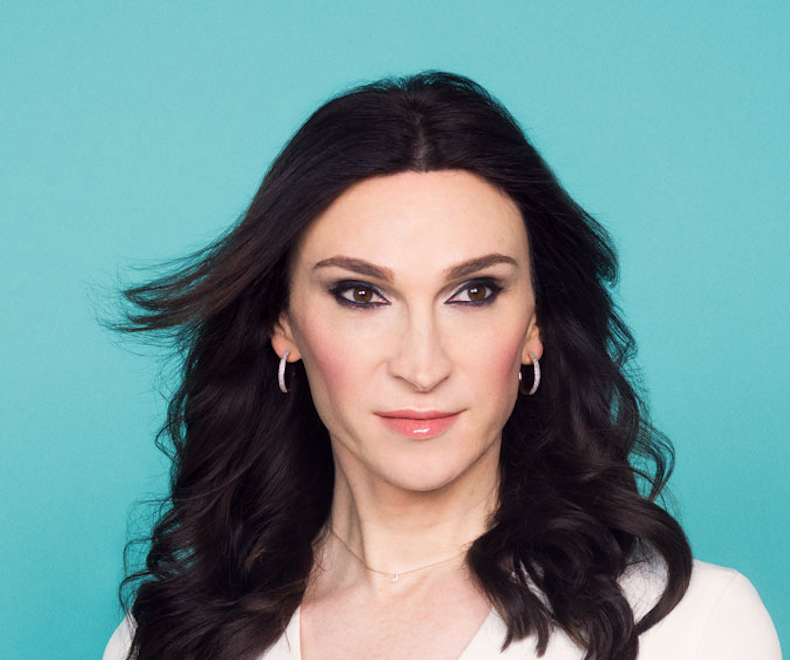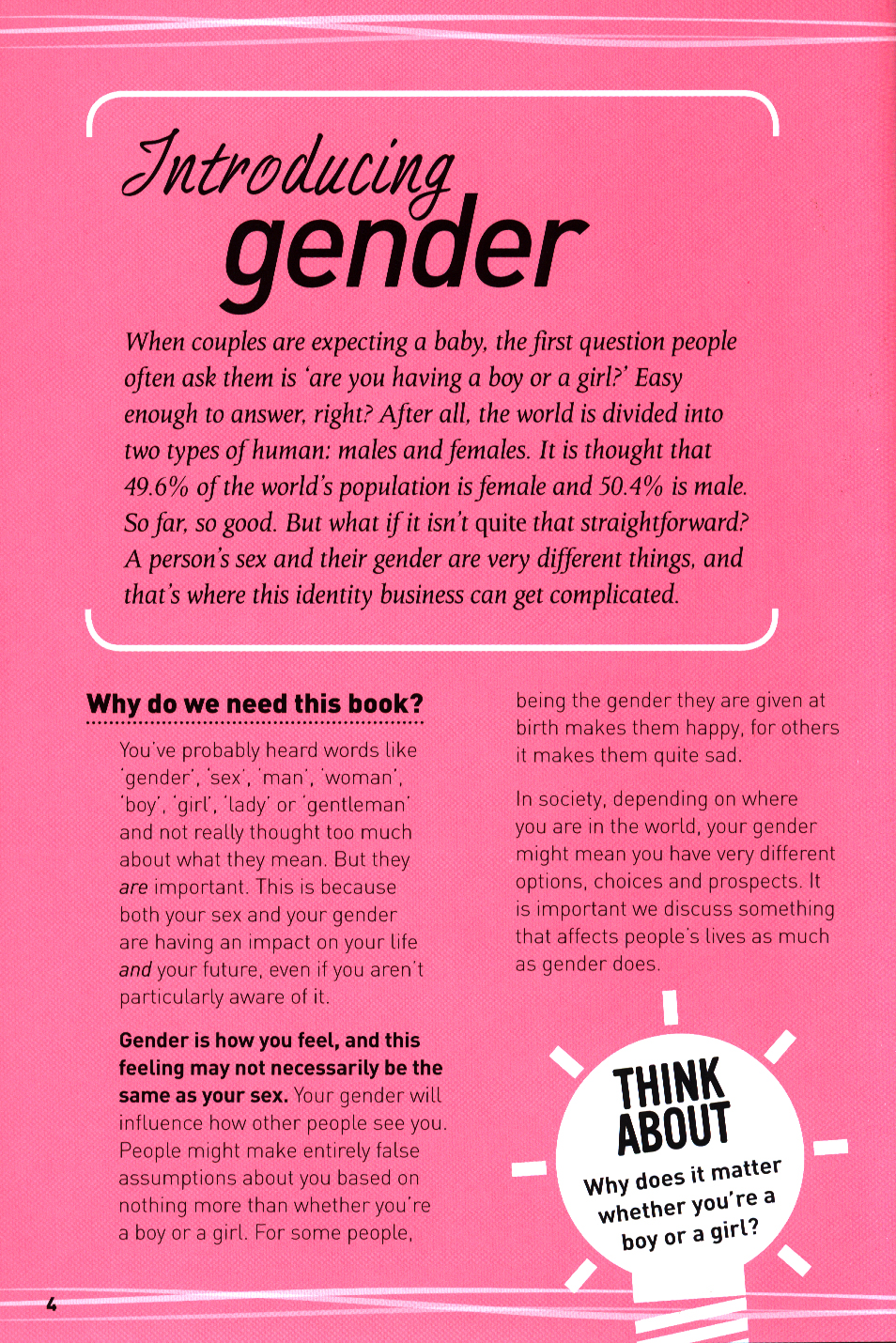


Charting the history of feminism from its inception to the 1970s, the Civil Rights movement, and the impact of racism and sexism on Black women, it’s a crucial read by a towering feminist scholar. With a title drawn from Sojourner Truth’s famous speech, bell hooks’s Ain’t I A Woman? is another classic of Black Feminism. Fat is a Feminist Issue by Susie Orbachįirst published in 1978, Fat is a Feminist Issue is just as relevant today, looking at women’s relationships with their bodies, the manipulative nature of the diet industry, and offering ways for readers to escape the trap of socially-imposed ideals of what their bodies “should” look like. Here are some classic feminist texts that make for great foundational reading.Īn essential read for anyone interested in queer theory, Gender Trouble looks at the ways that gender has been, and continues to be, constructed and performed in various contexts and across societies. It’s disheartening that, yet again, we’re having to argue issues like “do women deserve bodily autonomy and equal rights?”, but at least there are a multitude of classic feminist texts that have already given excellent answers to those questions, which we can draw on in the ongoing fight for equality. Feminist ClassicsĪlthough we’re heading into a new year, and indeed a new decade, many of the issues that we’re facing seem very familiar. Here’s a rundown of some of the best feminist books that I’ve come across whilst trying to work out what being a feminist is to me. While reading the best feminist books is certainly not the only way to get involved in feminism, it’s a great way to encounter and engage with some of these perspectives. Learning about feminism and trying to apply it to your life is a continuous process, with a multitude of perspectives to consider as you go. Sometimes it seems that there are as many different types of feminism as there are people who identify – or don’t – as feminists.

Often there’s mention of makeup or high heels (can you be a feminist and like either? Depends on who you ask – my personal feeling is, yes, but never tell me they’re compulsory). Sometimes they’re much longer, for better or for worse. Sometimes the answers are pithy and snappy (for example, the one given by Su in Roxane Gay’s Bad Feminist, one of the best feminist books, who states that feminists are “just women who don’t want to be treated like shit”). What makes a feminist? It’s a question that pops up whenever feminism is discussed.


 0 kommentar(er)
0 kommentar(er)
